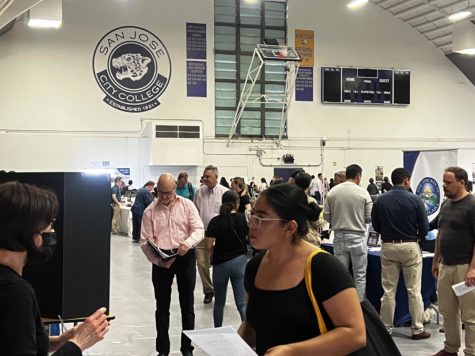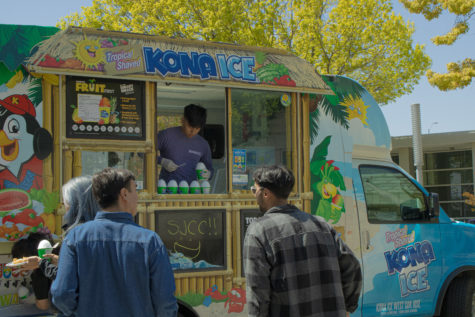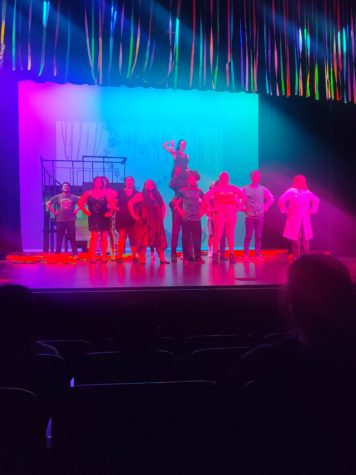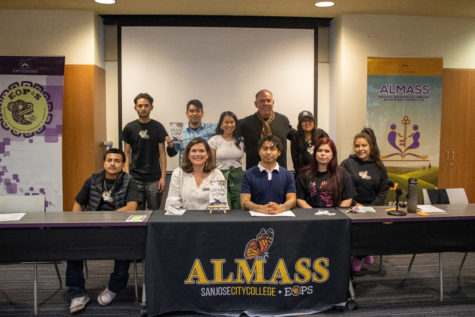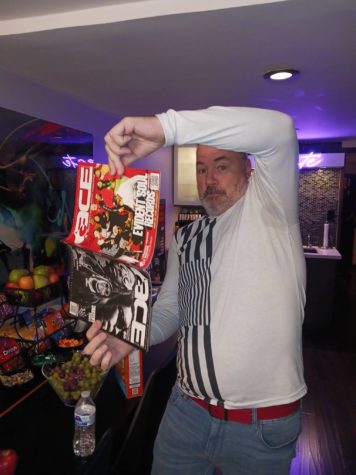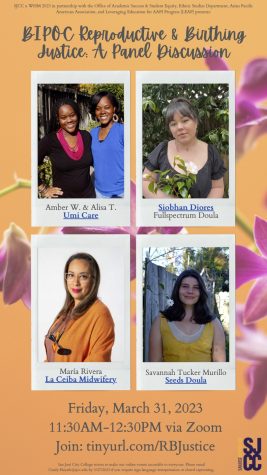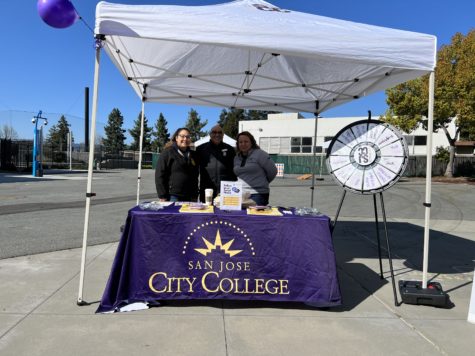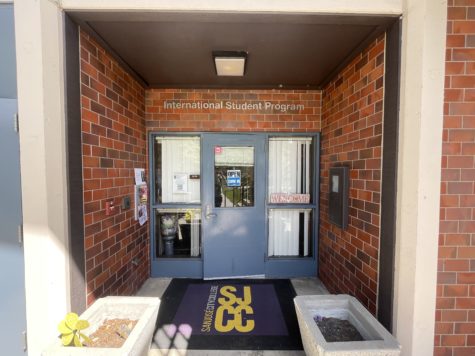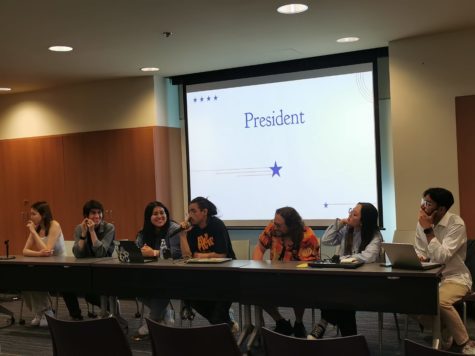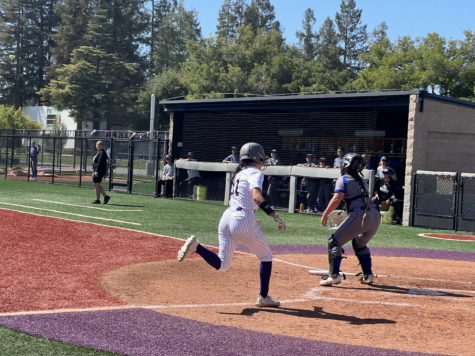Working photojournalist tells students to challenge themselves
Former community college student has created career out of community knowledge
March 13, 2018
Randy Vasquez is a video editor with the Bay Area News Group, with his work appearing in its publications including the San Jose Mercury News and the East Bay Times. Vasquez was taking photographs for an ongoing story on a number of local “Dreamers”: “Stuck in limbo, DACA recipients are consumed with fear and anxiety,” when we caught up with him on Feb. 21.
Q: How and when did you started with journalism?
Vasquez: Since 2013. I started at community college, at Mt. San Antonio College, with the school paper, taking Journalism 101, the whole deal. I wanted to be a sports reporter; that was my main thing… And then I started into other things, you start covering other subjects at your school, your politics, regulations. Afterwards, I transferred to San Jose State, did some good stuff there, graduated in 2015. After that I went to the New York Times Journalism institute. And then I had an internship in south Florida, was there for three months and then I got hired – for a year at the South Florida Sun Sentinel. A job opportunity came up here at the (San Jose) Mercury News. I was familiar with the community … I’ve been here since September.
Q: What is your average day on the job like?
Vasquez: I’m on the visual side, so I do video packages, take pictures – photojournalism, video journalism. Sometimes (the editors) will have something for you. Today, one of our reporters was doing a story on a lot of the DACA recipients and what the March 5 deadline is going to mean to them, including one of the (students) here. So I’m here, try to be a fly on the wall as much as I can be, take some pictures, also some portraits.
Other times, it (might) be an investigative piece where we’re working for months on end… There’s a story about a girl who ingested meth in Oakland who was sent back to the foster home where she ingested meth. So that took months of getting court records and stuff like that.
It depends, sometimes you’re working on a project for a long time, sometimes you get a day assignment like this and sometimes you’re doing a feature. A lot of different stuff.
Q: What is your advice for student journalists?
Vasquez: I would say always be prepared. I’m always reading the news, always knowing what’s going on in your community. For example, just the other night I covered all sports – it was basketball and figure skating. So I’ve never covered figure skating, so I’m up all night, looking up all the terminologies. And here, I have to have a story about DACA recipients. So if you’re not an expert, you should at least be familiar with a lot of things.
So always being prepared, and also I would say always challenge yourself.” Especially when you are a student. If you notice a reporter, someone in the local news, like, for example the Chronicle, and you notice, oh man, they’re getting out their stories so fast. So challenge yourself too. One of those days, just try to emulate what they do.
Seek mentors. If it’s reaching out to a photographer you follow or a reporter you follow. Be like, “Hey, can you look at my stuff? I’m a journalism student at San Jose City.” Most times than not they’re happy to give you feedback, criticism, what you need to get better.
And besides that, just work hard. Don’t be lazy.

